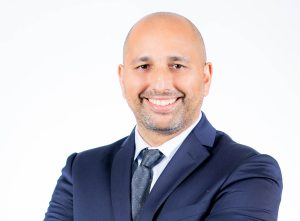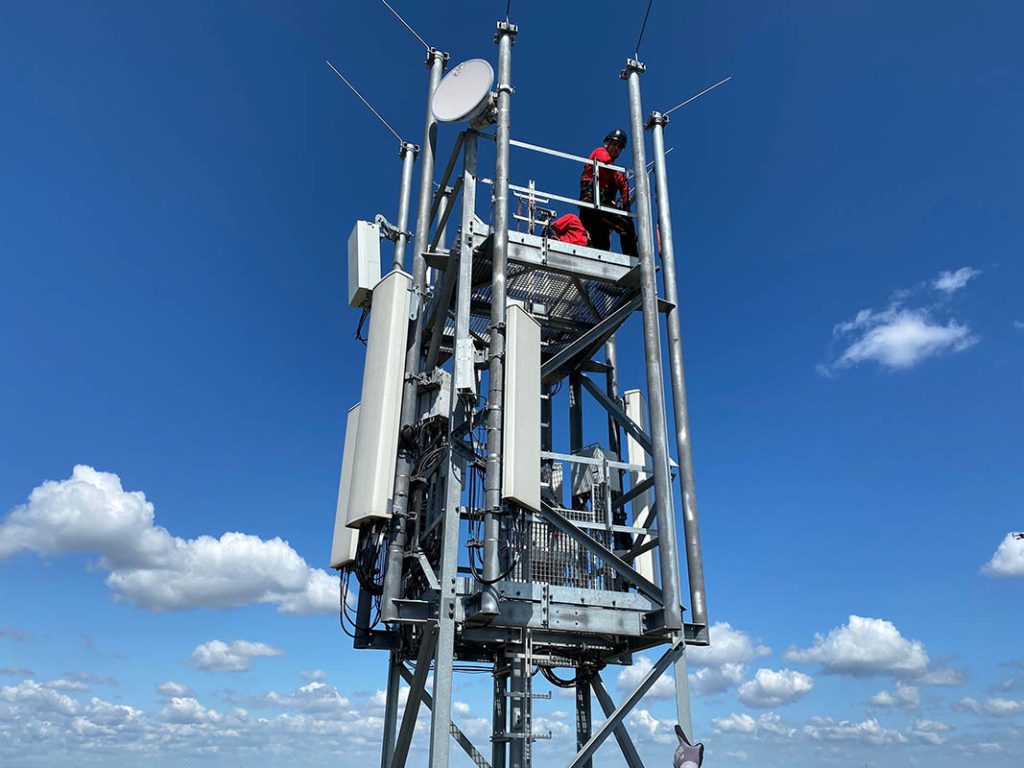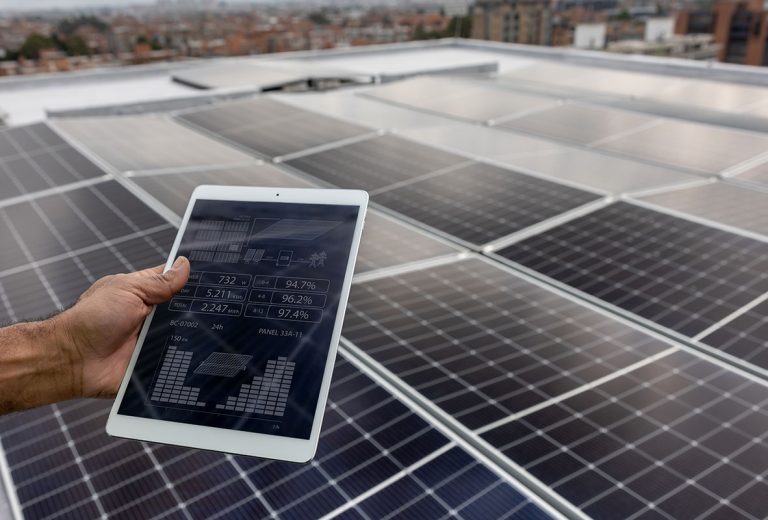Pioneering pervasive digitalization for a smart future
As digital technology becomes ubiquitous, Khalifa University’s cross-cutting research strategy gives it the edge.

In a world where our homes, cities, and even our clothes are becoming smarter, we stand on the brink of a new era that promises to revolutionize the way we live, work and interact with our environment. The fourth industrial revolution, which will see the fusion of digital, physical, and biological systems, holds unprecedented potential.
A strategy to solve global challenges
Khalifa University has categorized its research priorities into ‘verticals’ and ‘horizontals’. The verticals are challenges identified as being key to both the university and the United Arab Emirates more broadly. They include a managed energy transition; a sustainable, secure society; and a route to long, healthy lives. The horizontals define the technologies and expertise that will likely be needed to address the vertical challenges.
Pervasive digitalization, the trend towards ubiquitous connected sensors, devices and networks that monitor and respond to human needs, is one such horizontal and brings together the university’s expertise in robotics, artificial intelligence (AI), data science, and information and communication technologies. “We are able to work toward end-to-end solutions for pervasive digitalization using the diverse expertise of our researchers,” says Mérouane Debbah, professor of computer and communication engineering and Director of the university’s 6G Research Center.
KU scientists across research units including the Center for Cyber-Physical Systems, the Emirates ICT Innovation Center and the Center for Autonomous Robotic Systems, as well as the 6G Research Center, are contributing to this joint mission through projects involving autonomous systems, sensing, software applications, hardware accelerators, blockchain and cyber-security.
Debbah is also a Khalifa University ambassador for ‘Integrated Generative AI and Cognitive Computing,’ a sub-theme of the overarching pervasive digitalization strategy. “As an ambassador, my role is to promote the ongoing work at KU in the field of pervasive digitalization, and also to support our ecosystem with solutions and use cases,” he explains.

End-to-end solutions for intelligent communications
A crucial consideration for all of these technologies will be the potential for remote devices to communicate with each other. Debbah’s research focuses on building the next generation wireless infrastructure for what he calls the internet of intelligence. “Intelligence is becoming massively pervasive at every part of the network, and we need a collective intelligent network that can connect different AI technologies together,” he says.
Debbah has research experience in small-cell (4G), massive-MIMO (multiple-input multiple-output, 5G) and large intelligent-surface (6G) technologies. But he also has contributed to large language models (LLMs) with Falcon, distributed AI systems for networks, and most recently the development of Telecom GPT for 6G communication. “My research lies at the interface of fundamental mathematics, algorithms, statistics, information and communication sciences with a special focus on random matrix theory and learning algorithms,” he explains. “KU was visionary in establishing a 6G center, the first of its kind in the region, in September 2023.”
To ensure the project is a practical success, the university has begun to collaborate with other stakeholders within the UAE. This includes working with the country’s telecommunication and digital regulation authority to ensure that the right frameworks are in place. “My colleagues have also put into place a cybersecurity academy together with the UAE Cyber Security Council,” says Debbah. “The most important outcome will be that KU’s pervasive digitalization strategy will play a role in creating the next-generation talents who will be at the heart of the UAE’s transition from an oil economy to a knowledge economy.”




